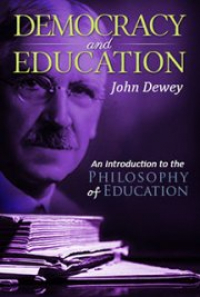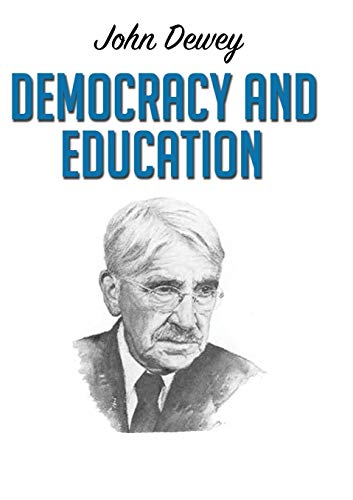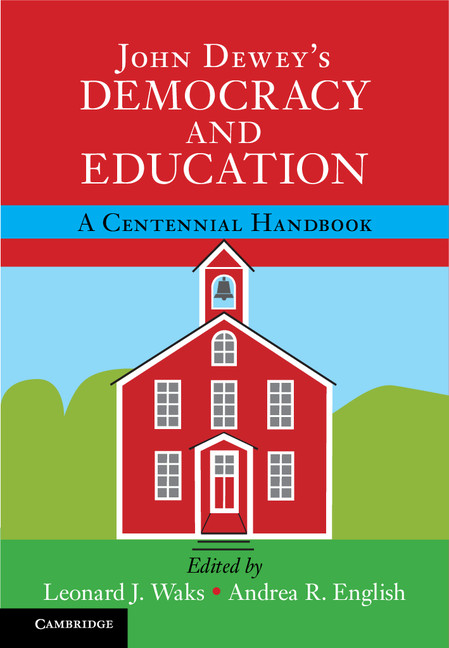

Dewey was excited about democracy because it provided the best means for people to avoid being dominated and a system through which they could experience the full flowering of their capacities and abilities. Rogers felt a lot of joy when he read Dewey, and he found both his religion and his church in Dewey’s philosophy.

John and Ken invite Melvin Rogers, Professor of Political Science and African American Studies at UCLA and author of The Undiscovered Dewey. Dewey’s anti-capitalism did not help his reputation right after he died, during the Cold War. Dewey was a pragmatist who believed philosophers should have a real impact in the world. He was the president of APA (both of them). He was an early endorser of female suffrage and the NAACP. Roving Philosophical Report (Seek to 7:40): JD began his career as a high school teacher, and by the end of his life he had an impressive list of accomplishments under his belt. Ken mentions that Dewey believed the individual realized himself in social democratic activity. John says no form of government was ideal. Democracy is fine, but John doesn’t see how it’s perfect. But talk of the ideal of anything implies perfection.

Dewey thought of democracy as the ideal form of human social life. His influence in education was also transformational. John and Ken recognize that Dewey was the single most influential American philosopher in his lifetime.


 0 kommentar(er)
0 kommentar(er)
